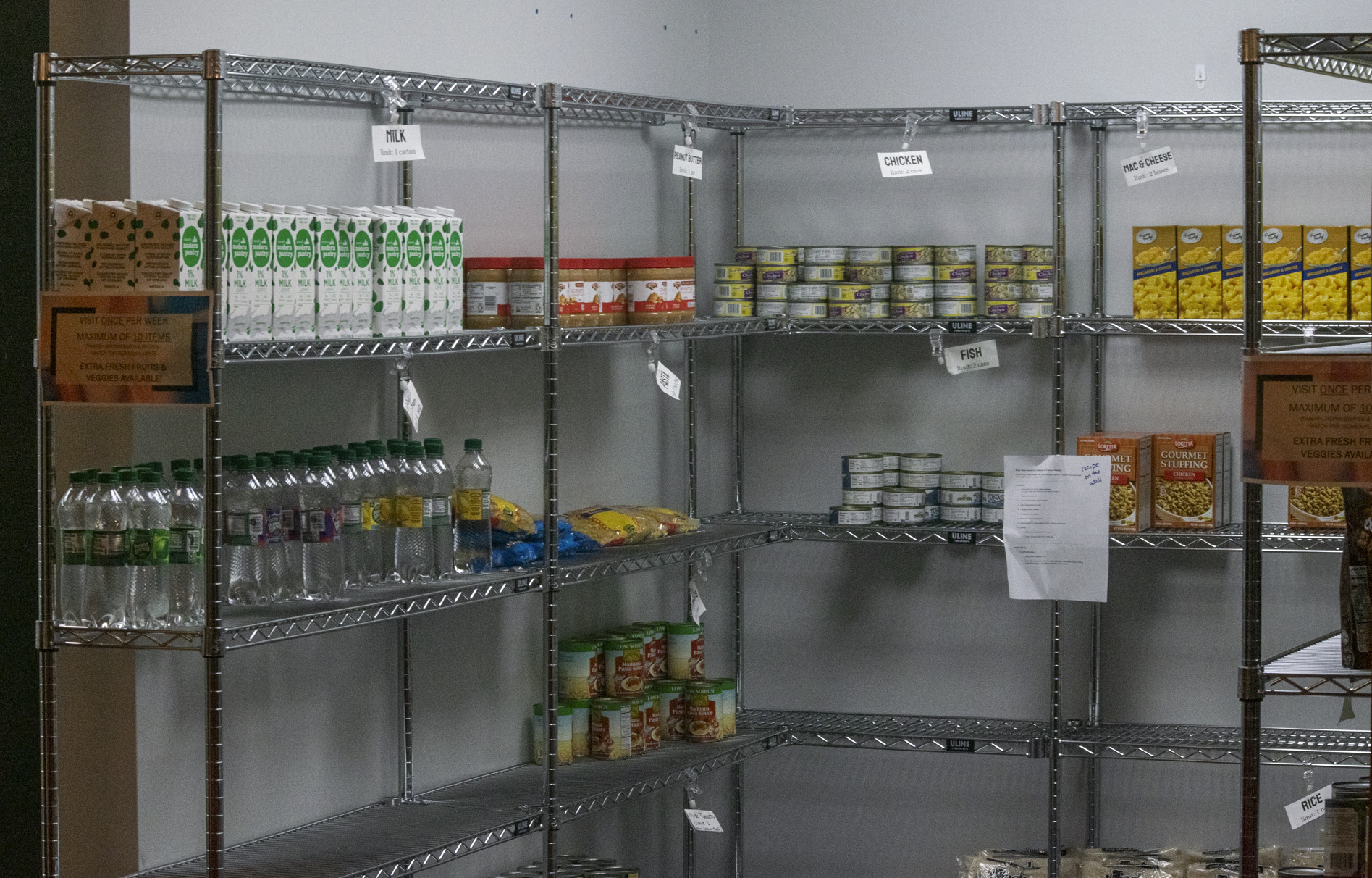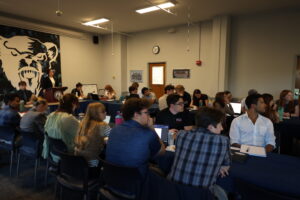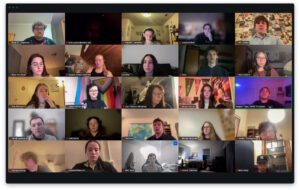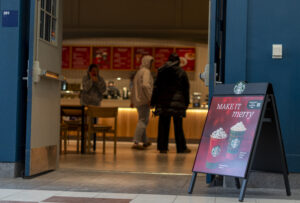On Oct. 21, the U.S. Department of Agriculture notified Maine and other states that Supplemental Nutrition Assistance Program (SNAP) benefits are not available starting November if the federal government shutdown continues. With Thanksgiving right around the corner and food insecurities already being high throughout the state, many Mainers are looking to see how local organizations and institutions like the University of Maine can be of help during this time.
News Center Maine recently reported on Oct. 28 that Maine was one of the 26 states that sued the Trump Administration over its decision to withhold food assistance from 42 million Americans in November. Many commenters on a recent Instagram video from the Maine News Room covering the lawsuit seem pleased with this decision, in hopes it is one of the first steps to combatting this ongoing situation.
One day later, News Center Maine also reported that Gov. Mills will be pumping $1.25 million into Maine food pantries and anti-hunger programs across the state. The funds are intended to help organizations meet increased demand as families brace for a month without SNAP assistance. Local pantries, including the Black Bear Exchange (BBE) and Caring Community Cupboard, are among those organizations expected to feel the impact of this support.
Lisa Morin, who works as the UMaine’s coordinator of Bodwell Center for Service and Volunteerism, gave some insight on how widespread the impact of a SNAP funding pause will be on campus.
“Only a portion of our students are able to receive SNAP benefits. Typically this most dramatically affects our non-traditional students and graduate students, but we do have traditional-age undergrads that can be affected as well,” said Morin. “SNAP benefits are essential to the community in many ways. It allows folks to choose and purchase the food that best suits their needs and the needs of their family members.”
Morin gave some additional information for students navigating food insecurity during the federal shutdown.
“For anyone within the University of Maine community (students and staff/faculty) the Black Bear Exchange is their local pantry. We are a Good Shepherd Food Pantry, as are many in the community. Folks will not be able to obtain services from other local pantries if they are part of the UMaine community,” said Morin.
Morin also clarified how BBE will receive funding from funds distributed for statewide anti-hunger programs.
“Good Shepherd received funding from the State this week that is being distributed to all of their pantries to assist with acquiring additional food to support increased need. The Black Bear Exchange is included in this distribution. We are tremendously grateful to be within the Good Shepherd network,” said Morin.
In addition to supplies the BBE can provide, Andrea Gifford, who works as the Dean of Students, sent a schoolwide email out on Oct. 30 detailing other food assistance resources available to students at UMaine.
“Through the UMS/Sodexo Swipe Out Hunger program, unused meal swipes are made available to students experiencing food insecurity. Students can request free meals through Swipe Out Hunger at UMaine or Swipe Out Hunger at UMaine Machias,” wrote Gifford.
She also shared that “both campuses also have limited emergency funds available for students facing urgent needs” and that students should contact her office at agifford@maine.edu or call at (207) 581-4031 for assistance,
As Maine navigates the ongoing shutdown, local and campus efforts continue to provide a safety net for those impacted by the loss of SNAP benefits. For many, programs like the BBE and other community pantries are helping ensure that no one goes hungry, even in uncertain times.












